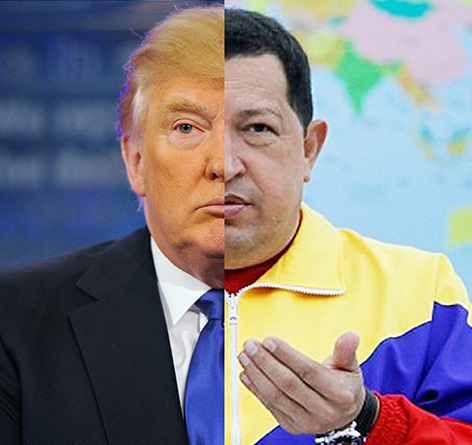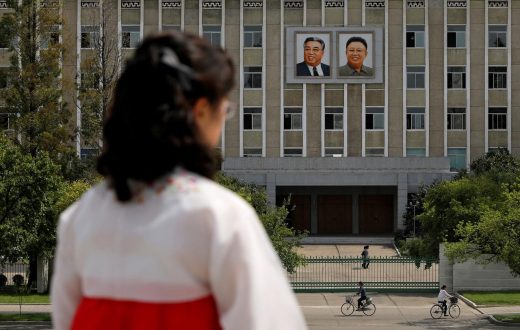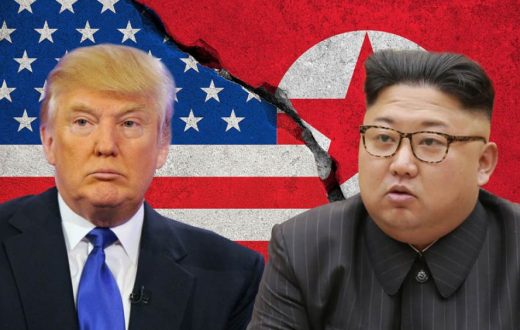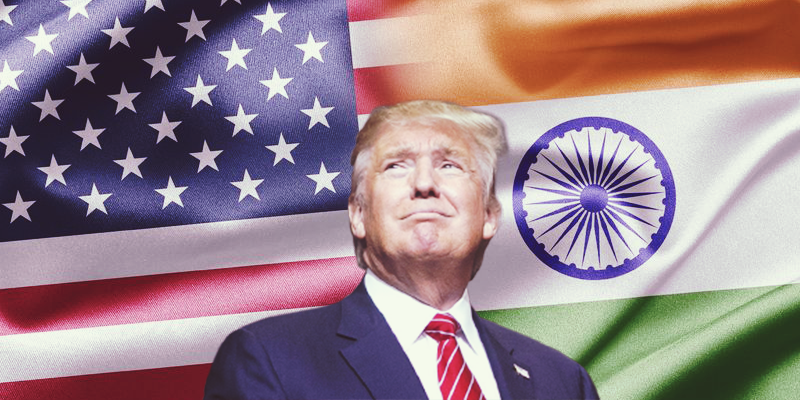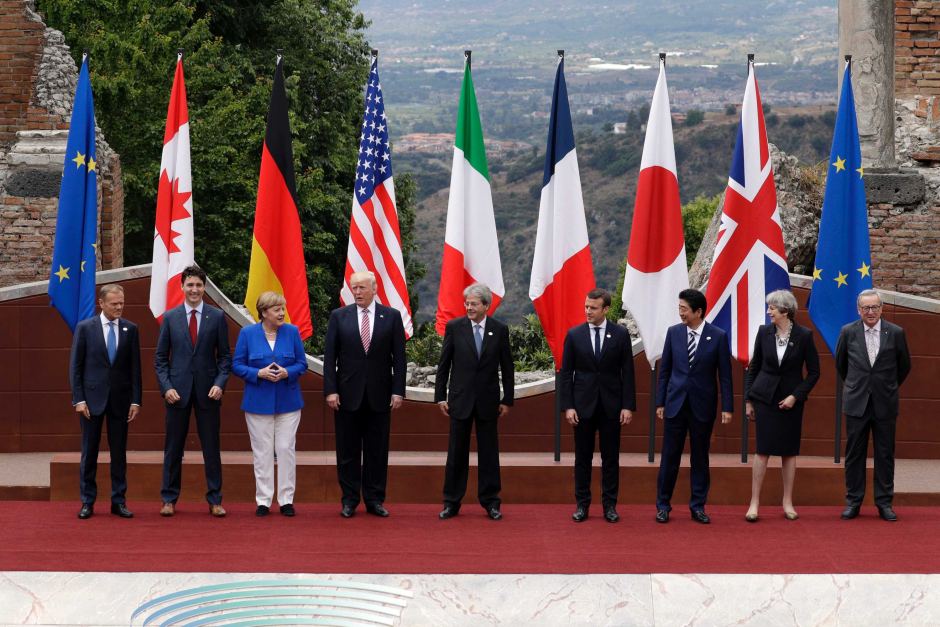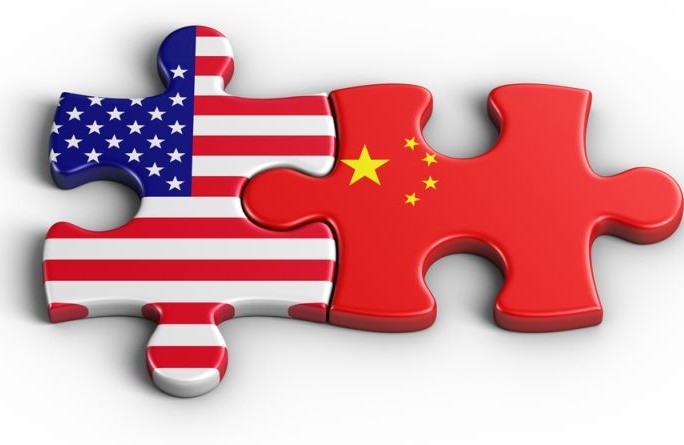As the world anxiously looked forward to the historic moment of a diplomatic deal between Washington and Pyongyang in Singapore by June 12 this year, the president of US, Donald Trump made a diplomatic stopgap in his letter where he momentarily called off the summit. He said in the letter which he dictated and dated May 24, 2018 and addressed to the North Korean leader, Kim Jong-un, that “We were informed that the meeting was requested by North Korea, but that to us is totally irrelevant. I was very much looking forward to being there with you. Sadly, based on tremendous anger and open hostility displayed in your most recent statement, I feel like it is inappropriate at this time to have this long-planned summit.”
There is high propensity to take the decision to call off the summit as nothing unusual judging from other recent diplomatic deals Trump’s administration backtracked from or caused to fall through but constructivism as a theory of international relations requires us to look at the social construction of reality, and question what is frequently taken for granted.
The White House, before the abrupt turn of event, had primed preparation for the epochal diplomatic meeting with the minting of dozens of commemorative coins embossed with the words “peace talk” and headshots of Trump and Kim. This is preponderant to accentuate and justify Trump’s reference to himself in recent weeks as a candidate for Nobel Peace Prize. Analyzing the reasons why the peace talk hit the wall through the lens of constructivism presupposes that we explore the logic of consequence and appropriateness behind the action of the two leaders.
Constructivism is about human consciousness and its role in international life. It emphasizes the role of collectively held idea such as knowledge, language, symbols and rules.
Washington and the Logic of Consequence and Appropriateness
The logic of consequence attributes action to the anticipated costs and benefits mindful that other actors are doing the same. The logic of appropriateness, however, highlights how actors are rule-following, worrying about whether their actions are legitimate. The legitimacy of action here is determined by the way it is viewed in the society.
Implicit in Trump’s letter is the perception that North Korea was not reciprocating the commitment the US had shown towards the summit which reminds one of the similar claim that US was making a greater concession which plagued and frustrated former president Bill Clinton’s earlier efforts. Trump expressed this citing the “tremendous anger” and open hostility from Pyongyang. The lack of commitment as some of the officials of the White House explained include failure to show up when the US sent an advance team to Singapore, inability to verify North Korea’s claim that it destroyed its nuclear testing site which was done without inviting nuclear experts, and objection to routine annual military exercise. The last straw was the slamming of the US vice president, Mike Pence by one of the aide’s of Kim who referred to him as a political dummy over his statement that North Korea will go the way of Libya if both sides fail to agree to a deal.
There has been a longstanding mistrust between North Korea and US since the early days US discovered the secret nuclear project at Yongbyon through its satellite. The republicans have never considered diplomatic negotiation as the appropriate action to make North Korea give up its nuclear programme thereby vehemently opposed to the efforts of Clinton in the 1990s to build two plants for the North Korea with light fuel, in place of uranium. North Korea also failed to keep its side of the agreement and went ahead with producing uranium. The relations between the two countries deteriorated further with former president George Bush designating North Korea as one of the “axis of evil” in the post September 11.
There are those in the US who posited that certain matters in the diplomatic negotiation between the two countries needed to be done with high confidentiality till there was substantial agreement as a complete pack, to sell at home. Ilan Goldenberg for example made a prognosis that the deal with the North Korea might be scuttled in a similar way the leaking of sensitive negotiation positions to about 52 million followers of the President on twitter hamstringed the US trade negotiation with China.
“The Libyan Model”, North Korea and the Logic of Consequence and Appropriateness
Constructivists contend that not only material elements such as level of armament that matter in international relations but also non-material elements such as language, idea and symbol. The allusion to Libya by the US vice president and how it was interpreted by North Korea provide a good instance for this. The late Libyan leader, Muammer Gaddafi was persuaded by the Bush administration to give up his secret nuclear program in 2003 only to be deposed eight years later and beaten to death by rebels backed by NATO forces. The “Libyan Model”, to Pyongyang, therefore signified a threat of regime change and capitulation. Although the US secretary of state, Mike Pompeo tried to clarify that the concept was only misconstrued and rather meant the process used by the Bush administration in 2003-2004 to make Libya totally denuclearize and welcome it into the international community, North Korea had every reason to think otherwise.
Possible Way Forward
Positively, Donald Trump did not rule out the possibility of reconsidering the summit in his letter, giving room for addressing salient issues raised. He concluded saying, “The world and North Korea in particular, has lost a great opportunity for lasting peace and great prosperity and wealth.” It could be argued that no opportunity is lost yet.
Other parties to the negotiation such as Japan and South Korea have a great role to play. Also, rather than suggesting that China may be meddling with the diplomatic efforts and disinviting her from military exercises, it will give more assurance to North Korea to have her ally as part of the negotiation process. The two countries need to relieve the world of the incessant threats of nuclear war. As Ilan Gudenberg rightly observed, high-stake diplomatic negotiations are difficult and domestic politics apply additional pressure. But, if you do not do the very simple, basic things right such as ensuring the negotiation teams are on the same page, ensuring some level of secrecy while simultaneously building domestic support , there is no way you will even get close to an international breakthrough.
Kamal Ololade Ahmed is a postgraduate student at the Nigerian Defence Academy where he is pursuing a Master’s degree in Defence and Strategic Studies.


